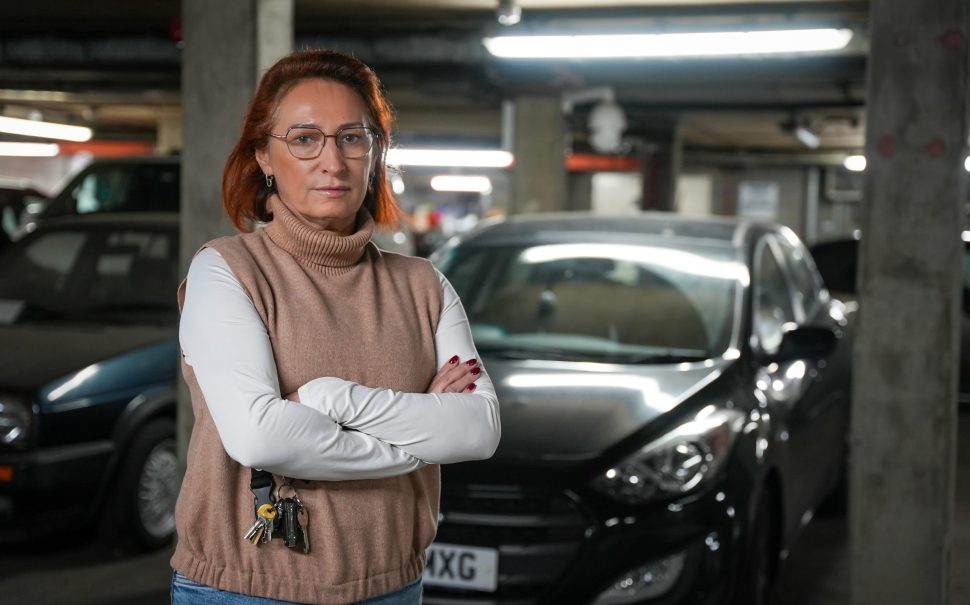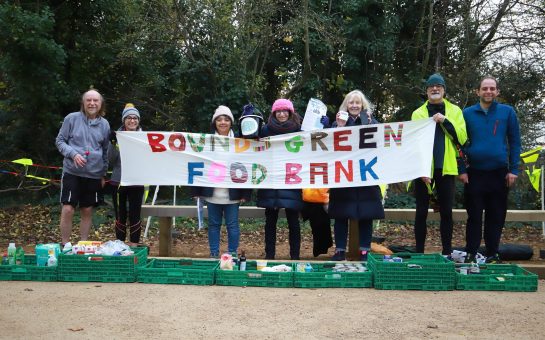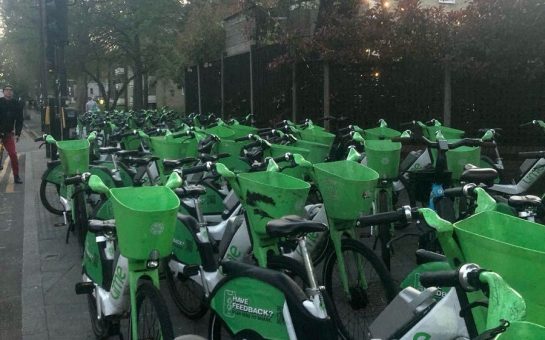A Haringey resident criticised a recent £30 penalty charge notice (PCNs) increase across London as ineffective in tackling driving infringements.
The increase comes as data from London Councils show 8.3million PCNs, which are issued for offences like parking in restricted areas, exceeding waiting limits, driving in bus lanes, and stopping in yellow box junctions, were issued last year.
The increase is a 40% jump from just under six million in 2019, yet some motorists believe raising the fees will not decrease violations and issues are down to poor road signage and inconsistent enforcement measures.
Kinga Christodoulou, who commutes to Hoxton, said: “The city’s convoluted signage and variable enforcement are the true culprits behind the surge in violations.”
Christodoulou, who has mobility problems and holds a blue badge, has received many PCNs over the years, most of which she claims were unwarranted.
She said: “In Haringey, my blue badge allows me to park in pay and display areas for free.
“But in Westminster, for example, you still have to pay, something I found out the hard way.”
On another occasion, Christodoulou claimed she received several PCNs after Haringey introduced temporary road closures around schools during peak drop-off and pick-up times on her route to work without properly informing the public.
London Councils advised any instances of confusing or misleading signage be reported to the respective local authority.
Christodoulou is not the only driver to have faced issues with London’s varied road signage.
In 2020, a Lewisham driver successfully appealed a fine for navigating a bus gate with unclear markings, with a tribunal ruling that the signage was ambiguous.
Similarly, last year a frustrated motorist took to Reddit, stating: “[It’s] impossible to drive in London.
“Everywhere you go, it’s like councils are trying to trip you up with confusing signage or traps that result in PCNs.”
London Councils introduced the charge rises, and chief operating officer Stephen Boon explained boroughs have a duty to keep London’s roads safe and accessible.
He also noted the charges had been unchanged since 2011, despite a significant rise in enforcement costs.
Boon said: “Through using PCNs to manage parking and traffic, boroughs can reduce congestion and incentivise road users to drive and park safely, protect access, crossings and junctions, and increase active travel such as walking and cycling.”
A London Councils spokesperson added: “There are over two billion car journeys a year in the capital, 99.55% of which do not result in a penalty charge.
“For the 0.45% that do, anyone who wishes to can challenge it with the authority concerned and ultimately appeal any decision with the independent adjudicator at London Tribunals.”
Revenue from PCNs is reinvested in transport infrastructure projects across each borough, but the escalating fines continue to spark debate over the clarity and fairness of the current regulations.
Christodoulou said: “Without addressing the real problem, tougher fines will simply further penalise well-intentioned drivers caught in a maze of ambiguous regulations.”
Photo credit: Oliver Halls





Join the discussion